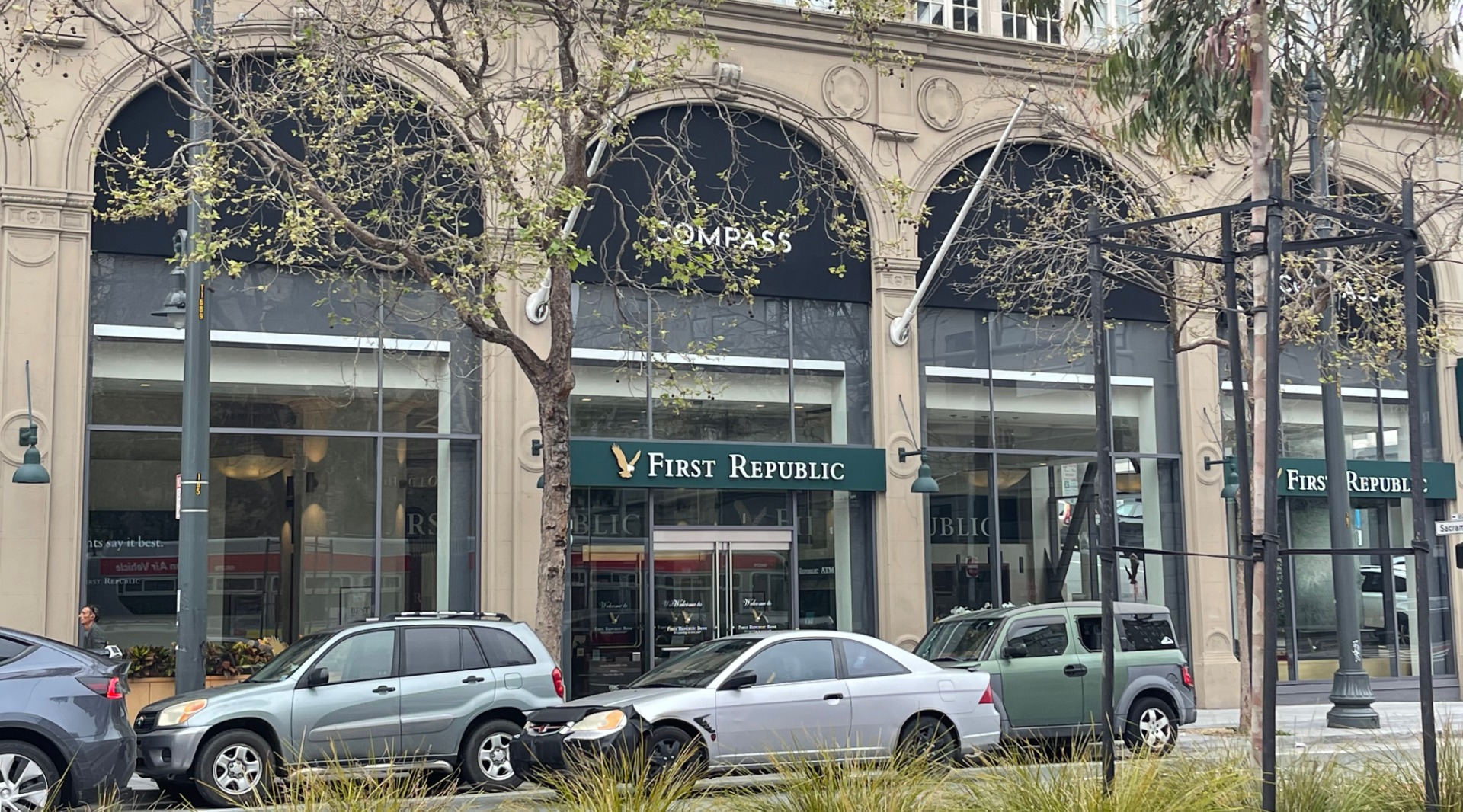Before the markets opened on Monday, the California regulator seized control over the collapsed First Republic Bank and sold its assets to JPMorgan Chase. The sale prevented any further distress to the American banking industry.
“The DFPI (California Department of Financial Protection and Innovation) appointed the Federal Deposit Insurance Corporation (FDIC) as receiver of First Republic Bank,” a regulatory announcement stated. “The FDIC has accepted a bid from JPMorgan Chase Bank, National Association, Columbus, Ohio, to assume all deposits, including all uninsured deposits, and substantially all assets of First Republic Bank.”
JPMorgan Acquires All Deposits of First Republic
Under the deal, JPMorgan acquires the majority of First Republic Bank’s assets, including approximately $173 billion of loans and approximately $30 billion of securities. Further, the Wall Street giant bought $92 billion of deposits from the First Republic. The deposits include $30 billion of large bank deposits, which the collapsed bank received earlier this year.
"Our government invited us and others to step up, and we did," said JPMorgan's Chairman and CEO, Jamie Dimon. "Our financial strength, capabilities, and business model allowed us to develop a bid to execute the transaction in a way to minimize costs to the Deposit Insurance Fund."
"This acquisition modestly benefits our company overall; it is accretive to shareholders, it helps further advance our wealth strategy, and it is complementary to our existing franchise."
Following the confirmation of the acquisition, the share price of JPMorgan jumped 2.5 percent in pre-market trading.
The Largest US Bank Becomes Larger
JPMorgan elaborated that the "FDIC will provide loss share agreements covering acquired single-family residential mortgage loans and commercial loans, as well as $50 billion of five-year, fixed-rate term financing." The deal does not include First Republic's corporate debt or preferred stock.
The acquisition is expected to generate more than $500 million of incremental net income per year, and be 'modestly EPS accretive'. JPMorgan also expects a one-time, post-tax gain of approximately $2.6 billion or a $2 billion post-tax restructuring.
First Republic was founded in 1985 and was acquired by Merrill Lynch in 2007. The bank's shares were again listed publicly as Merrill Lynch's owner, Bank of Amerca, sold it following the 2008 financial crisis. Over the years, the bank lured a large chunk of high-net-worth customers with preferential rates on mortgages and loans, and as such, 68 percent of its depositors are uninsured.
The San Francisco-based bank suffered an outflow of over $100 million in March, paving its way to failure. Last year, over $176 million was withdrawn from the bank.
JPMorgan's announcement stated: "In carrying out this transaction, JPMorgan Chase is supporting the U.S. financial system through its significant strength and execution capabilities. As part of the purchase, JPMorgan Chase is assuming all deposits – insured and uninsured."

















